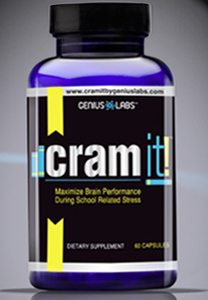
Gestational diabetes and low socioeconomic status seem to be risks for the development of attention deficient hyperactivity disorder (ADHD) according to research published in the Archives of Pediatric and Adolescent Medicine. Reearchers Yoko Nomura, PhD, MPH, David J. Marks, Ph, Bella Grossman, MA, Michelle Yoon, BS, BA, Holly Loudon, MD, MPH, Joanne Stone, MD, and Jeffrey M. Halperin, PhD analyzed data from an ongoing cohort study according to Med Page Today. While the original study included 212 children, only 10 percent of the mothers reported experiencing gestational diabetes.
The children who had mothers who had experienced gestational diabetes during pregnancy were more likely to demonstrate inattention, while the children who also came from families of lower socioeconomic status, were more likely to demonstrate both inattention and hyperactivity. Children from families of a lower socioeconomic status who were not exposed to gestational diabetes showed twice the risk for developing ADHD. When the researchers analyzed differences between children who were exposed to gestational diabetes to children who were exposed to lower socioeconomic status to children who were exposed to both and to those who were exposed to neither, there was an obvious statistically significant likelihood that children exposed to both would develop ADHD; however, there seemed to be no increased risk for children exposed to only one of the two variables.
I would like to see similar research done with a larger sample size. Information about maternal history of gestational diabetes came from maternal reports approximately four years after gestation, which could limit the accuracy of the data. Future research should pull that information from medical records. This research looked at children between the ages of four and six. While six is often a key age for such diagnoses, a more longitudinal study may provide us more accurate results.
(more…)









